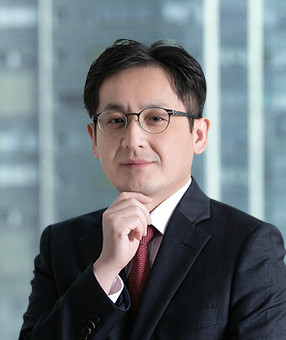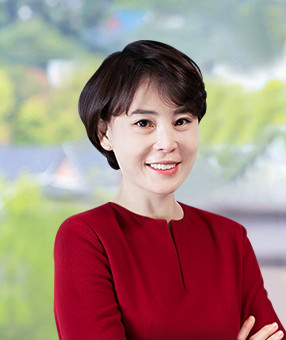Under the Korean Patent Act (KPA), an entity filing a patent application may claim priority to an invention described in an earlier-filed patent application to which the entity also has the right to obtain a patent. To claim priority, the same entity must be the applicant on both the earlier and later applications, or the applicant for the later application must be the legitimate successor of the applicant for the earlier application.
However, under Article 38(4) of the KPA, if there is a change in the applicant between the priority application and the later-filed application due to transfer of the rights to the application, the Korean Intellectual Property Office (KIPO) will not recognize that the transferee actually has the rights to the application unless a notice of change of applicant is filed with KIPO, except where the change is due to inheritance or other universal succession. Before this year, this was interpreted by KIPO to mean that such a notice must be filed before the later application is filed in order to recognize that the later applicant has acquired the rights of the earlier applicant and is thus the "same" applicant.
However, in a set of decisions issued late last year, the Korean Supreme Court overturned this interpretation and held that the exact timing of the filing of the notice of change of applicant is not dispositive, as long as the substantive transfer of rights actually occurred prior to the later application's filing (Supreme Court Decisions Nos. 2017hu1274 and 2016Du58543 rendered on October 17, 2019). In the cases at issue, party A filed a patent application directed to video encoding/decoding technology in Korea, and then assigned the rights to the application to party B while properly submitting a notice of change of applicant to KIPO. Party B then subsequently assigned the rights to the application to party C, but failed to submit a notice of change of applicant at that time. Party C then filed a PCT application at the Chinese Patent Office (SIPO) that claimed priority to the earlier Korean application. The PCT application later entered the Korean national phase and was granted, and the Korean patent was ultimately assigned to a Singapore company.
A Korean company later filed a patent invalidation action against the later Korean patent at the Intellectual Property Trial and Appeal Board (IPTAB) on the basis that no notice of change of applicant was filed before the later Korean patent was filed, and therefore it was not entitled to claim priority to the earlier Korean patent due to having a different applicant. The IPTAB agreed and held that the later patent was invalid for lack of novelty, and the decision was upheld on appeal to the Patent Court and Seoul High Court.
However, the Supreme Court overruled the lower court decisions, and held that (i) the issue of whether the applicants are the same on an earlier and later patent application depends on whether the rights to the earlier application were legally transferred when the later application was filed, and that (ii) the later application is entitled to priority as long as a notice of change of applicant is filed with KIPO at some point during the application process. The Supreme Court held that Article 38(4) of the KPA is merely for purposes of convenience and speed of application review, and does not substantively affect the validity of the transfer of patent rights itself, which can always be proved after the application filing with evidence such as an assignment agreement.
The cases were remanded to the Patent Court and High Court who affirmed the validity of the priority claim, and the decision has now become final and conclusive. As a result of the Supreme Court's ruling, a significant procedural trapdoor to making valid priority claims for patent applications in Korea has been removed.
Related Topics







